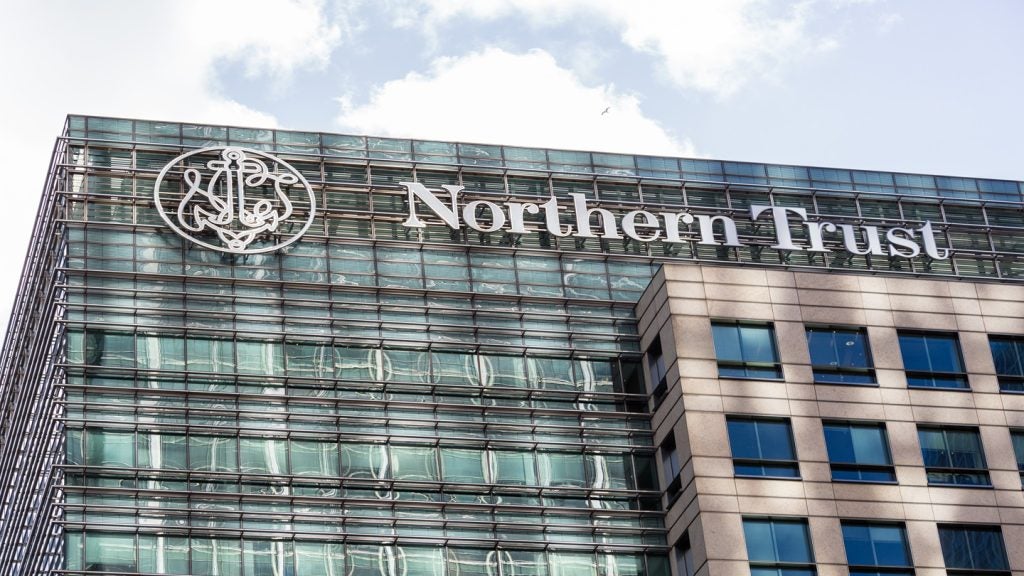According to the Barclay hedge database, at the beginning of the global financial crisis (GFC) in 2007, total assets under management (AuM) in hedge funds amounted to approximately $2.136trn. Subsequently in 2008 assets fell to $1.457trn, before staging an anaemic recovery through to 2012 when assets crawled higher to $1.798trn, a gain of 22% over four years.
Then in 2013, something happened: AuM rose 22% in 2013 alone, and projections for growth in 2014 ranged between 8-14%. Whether driven by a need to diversify, reduce equity market correlations or finding an alternative to fixed-income in an environment where many investors consider secular trends to be shifting after a 30-year run, investors are returning.
A diversified portfolio of hedge funds should provide a low-volatility, low-correlation return well placed to outperform fixed income in the current repressed fixed-income market, and with low correlation to equity indices – in short a sensible asset class to allocate a portion of invested capital.
The issue with hedge funds, however, has not been so much performance-driven but more platform-driven. ‘Gating’, ‘Side pocket’, and ‘Fraud!’ were events that fell sadly into line with the hedge-fund world during the GFC, and caused grief for investors, allocators and managers.
At issue in this context were a number of platform-related factors which need to be uppermost in investors’ minds, namely transparency, liquidity, risk management and governance.
In this context there was an unacceptable failure rate driven by fraudulent managers, inexperienced or inappropriate directors, custodians unfamiliar with the risks and their fiduciary duties and a lack of systematic monitoring and oversight.
How well do you really know your competitors?
Access the most comprehensive Company Profiles on the market, powered by GlobalData. Save hours of research. Gain competitive edge.

Thank you!
Your download email will arrive shortly
Not ready to buy yet? Download a free sample
We are confident about the unique quality of our Company Profiles. However, we want you to make the most beneficial decision for your business, so we offer a free sample that you can download by submitting the below form
By GlobalDataDeutsche Asset & Wealth Management (DeAWM) and its investors had no such problems with its dbSelect and dbalternatives platforms during the GFC of 2008- 2009. As the industry leader in hedge-fund managed accounts, currently with over $11 bn in AuM, DeAWM has an award-winning platform which is in its 11th year of operation. In addition to access to over 300 managers across 12 core hedge-fund strategies, these two platforms combine with DeAWM’s world-class fund derivatives business to enable investors to tailor entry methodology and risk management features. UCITS III, ETF, swaps, certificates, notes, options and deposits all feature as entry points, with capital protection and currency overlays possible.
dbSelect and dbalternatives effectively address investors’ concerns. Both platforms are ‘owned’ by DeAWM, with DeAWM acting as the fiduciary of the clients’ assets and aiming at the highest level of operational control and oversight, and risk management monitoring processes.
The third-party manager acting as the trading advisor agrees to manage the accounts in accordance with pre-agreed metrics that DeAWM monitors on a daily basis through the DB Managed Accounts Compliance Service (MACS). As such MACS monitors liquidity, exposure, diversification and style drift on a daily basis in accordance with the agreed metrics to ensure that there is no deviation from the agreed mandate.
The two platforms differ, in that the dbalternatives platform is a full-funded platform targeting the strategies which require full capital commitments such as equity long/ short, credit, distressed debt, convertible arbitrage etc.
In the case of dbSelect, where investors are seeking CTA, global macro, commodities, FX and volatility arbitrage – in other words where strategy execution is via exchanged traded futures and options or FX – then there is no requirement for investors to fully fund the position; instead an appropriate level of margin can be place on the platform whilst full notional exposure is achieved.
In both cases, the performance of the selected strategy can be attributed via indices, such that the ability to tailor, slice and dice the allocation is immense and further enhanced by DeAWM’s fund derivatives capabilities.
The result is that in addition to an investor achieving an exceptional level of liquidity (daily in the case of dbSelect), transparency and the comfort that DeAWM takes fiduciary responsibility for governance and risk management, investor’s costs can be reduced and their processes simplified through the efficiency and flexibility of the platform.
2014 will see a continuation of the momentum upswing, with investors returning to the hedge fund asset class. Cognisant of the issues that damaged the industry during the GFC, the dbSelect and dbalternatives platforms are able to provide investors with the solution to these issues, enabling them to obtain access to over 300 leading fund managers over all the principal strategies whilst effectively managing platform risk.
Now is the time to dbSelect a dbalternative.
Mark Smallwood, Head of Franchise Development and Strategic Initiatives, Deutsche Asset & Wealth Management, Asia-Pacific







